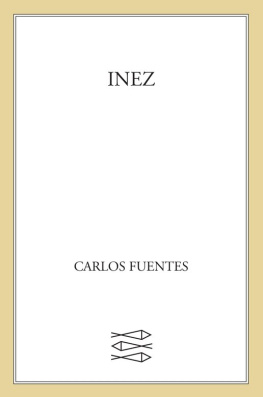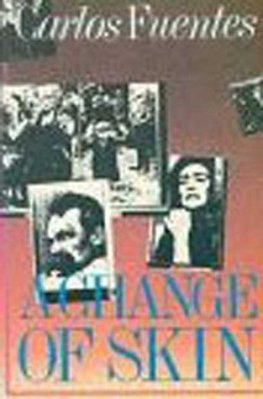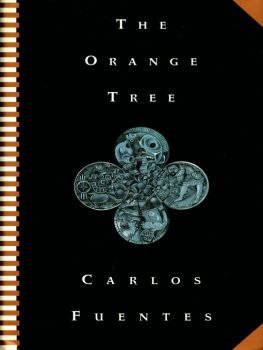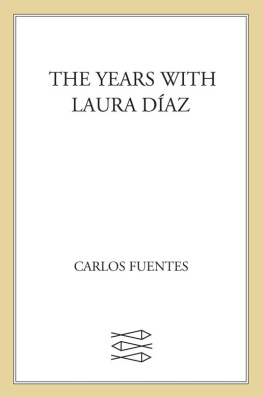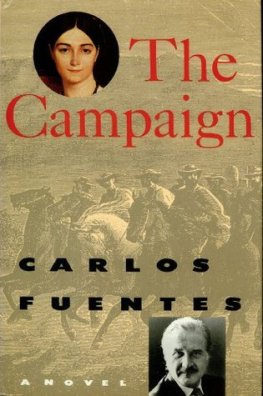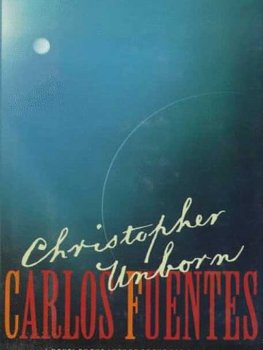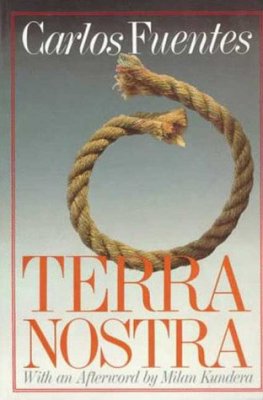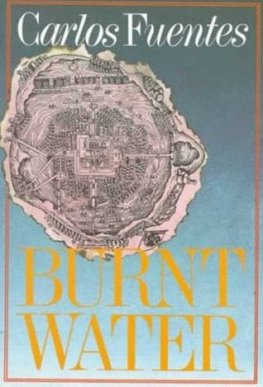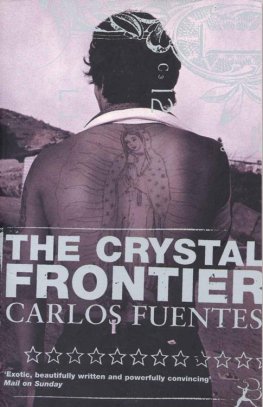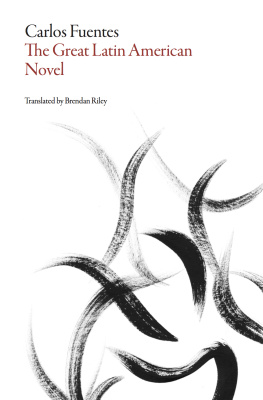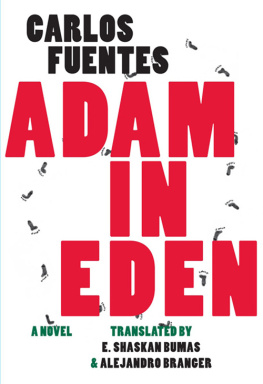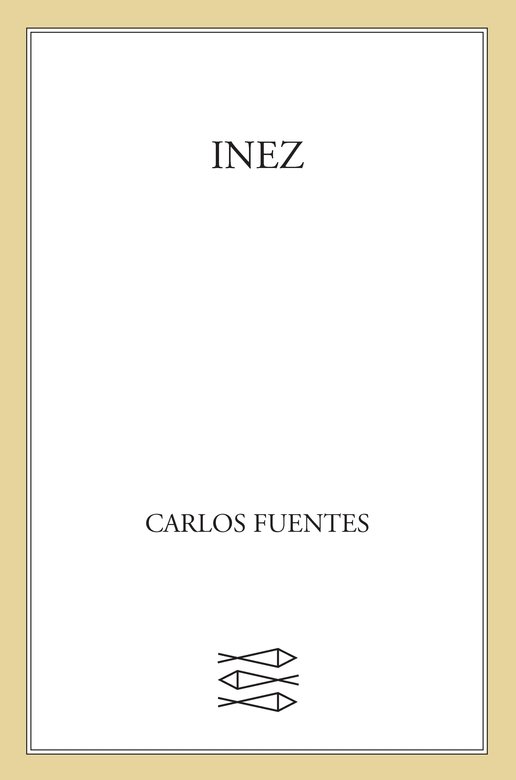W e shall have nothing to say in regard to our own death.
For a long time this sentence had been going around and around in the aged maestros head. He did not dare write it down. He was afraid that consigning it to paper would make it real, with fateful consequences. He would have nothing more to say after that: the dead man does not know what death is, but neither do the living. For that reason the sentence that haunted him like a verbal ghost was both sufficient and insufficient. It said everything, but at the price of never saying anything again. It condemned him to silence. And what could he say about silence? He, who had dedicated his life to musicthe least annoying of noises, in the crude phrase of the crude Corsican soldier Bonaparte.
He spent hours concentrating on one object. He liked to imagine that by touching some thing his morbid thoughts would dissipate, would cling to the material and physical. He discoveredvery soon that the price of such displacement was very high. He believed that if death and music identified him (or themselves) too closely as and with an old man with no resources but those of memory, holding on to an object would give him, at ninety-three, earthly gravity, specific weight. Him and his object. Him and his tactile, precise, visible, physical thing: an object of unalterable form.
It was a seal.
Not the disk of wax or brass or lead you find with coats of arms and insignia, but a seal of crystal. Perfectly circular and perfectly whole. It could not be used to seal a document, a door, or a coffer; its very texture, being crystalline, would prevent it from molding to the object to be sealed. It was crystal, sufficient unto itself, with no utilitarian purpose unless that of imposing an obligation, transcending a dispute with an act of peace, determining a destiny, or perhaps certifying an irrevocable decision.
The crystal seal could be all these things, although it was not possible to know of what use it could be. At times, contemplating the perfect circular object displayed on its tripod near the window, the aged maestro opted for giving it all the traditional attributesmark of authority, authenticity, approvalwithout wedding it to any one of them exclusively. Why?
He couldnt say exactly. The crystal seal was part of his daily life and thus easily forgotten. We are all both victims and executioners of the short-term memory that lasts no more than thirty seconds and that allows us to go on living without becoming prisoner to every event that happens around us. But long-term memory is like a castle built of great blocks of stone. It takes only a symbolthe castle itselfto remind us of all its contents. Could this round seal be the key to his own personal dwelling? Not the physical house where he was living in Salzburg; not thetransitory houses he had lived in throughout his itinerant profession; not his childhood house in Marseilles, tenaciously forgotten so that he would not have to recall, ever again, the migrants poverty and humiliation; not even the cave, our first castle, we can reconstruct in our imagination. Could it be the original space, the intimate, inviolable, irreplaceable circle that contains us all but at the price of exchanging sequential memory for an initial memory that is complete in itself and has no need to consider the future?
Baudelaire evokes a deserted house filled with moments now dead. Is it enough to open a door, uncork a bottle, take down an old suit, for a soul to come back to fill it?
Inez.
He repeated the womans name.
Inez.
It rhymed with regress, Ee-ness, and in the crystal seal the maestro hoped to find the impossible reflection of both: Inez and a return to a time before the years prohibiting his love. Inez. Regress.
It was a crystal seal. Opaque but luminous. That was its greatest marvel. In its place on the tripod by the window, light could shine through it, and then the crystal scintillated. It shot delicate sparks, and illegible letters appeared, revealed by the light: letters of a language unknown to the aged orchestra conductor, a score in a mysterious alphabet, perhaps the language of a lost people, maybe a voiceless clamor that came from a long-ago time and in a certain way mocked the professional artist who was so faithful to the composition that even knowing it by memory he had to have it before his eyes as he directed
Light in silence.
Lyrics without voice.
The maestro had to bow down, had to go to the mysterious sphere and ponder that there wasnt going to be enough time to decipher the message of the signs engraved within its circularity.
A seal of crystal that must have been carved, caressed perhaps, to reach this seamless form, as if the object had been created by means of an instantaneous fiat: Seal, create thyself! And the seal was. The maestro didnt know what to admire most about the delicate sphere that at this very moment he held in his hands, fearful that his small and eccentric treasure might shatter, but tempted every moment (and yielding to that temptation) to lay it in one hand and stroke it with the other, as if looking for both a nonexistent flaw and an inconceivable smoothness. Danger altered everything. The object might fall, crack, shatter to bits
His senses, nevertheless, predominated, and blotted out the presentiment. To see and to touch the crystal seal also meant to savor it, as if it were, more than vessel, wine from an eternally flowing stream. To see and to touch the crystal seal was also to smell it, as if its substance, free of any secretion, should suddenly begin to sweat, erupt in vitreous pores, as if the crystal might expel its own substance and leave an indecent stain on the hand that caressed it.
What was lacking, then, but the fifth sensation, for him the most important: to hear, to listen to, the music of the seal? That would be to trace the complete circuitto close the circle, to circulate, to emerge from silence and hear a music that could only be the music of the spheres, expressly, the celestial symphony that regulates the movement of all times and all spaces, never-ending, simultaneous
When the crystal seal began, first very low, very distantly, barely in a whisper, to sing, when the center of its circumference vibrated like a magical little bell, invisible, born of the very heartof the crystalits exaltation and its soulthe old man felt first a shiver of forgotten pleasure run down his spine, then an unwanted rush of saliva, the uncontrollable drool of a mouth fitted with yellowed dentures, and then, as if gaze were allied to taste, he lost command of his tear ducts, and he told himself that old men should disguise their ridiculous tendency to weep at the least excuse, should cover it with the pious veil of a senilitylamentable, but worthy of respectthat tends to dribble like a wineskin run through too often by the swords of time.

